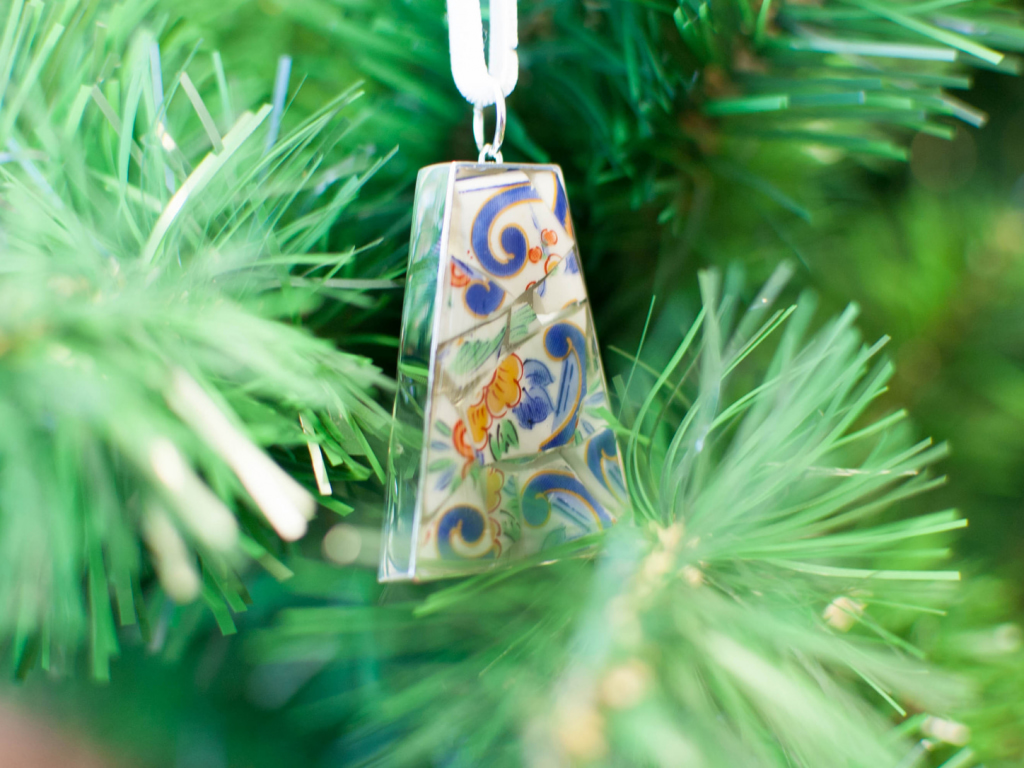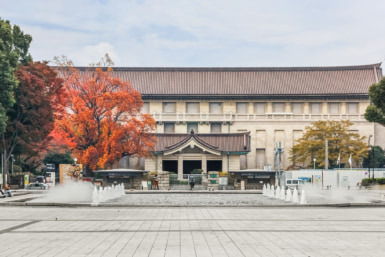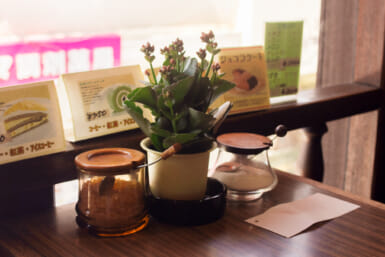“The tsunami is coming!” The warning cry of a neighbor set Chieko’s family in motion following the immense earthquake that shook their Ishinomaki home on March 11, 2011.
As they gathered necessities, her autistic son, Daiki, refused to budge, so Chieko’s husband hoisted him on his back. As they raced from their house on foot, Chieko looked back to see the roiling ocean spilling toward them. They ran to a nearby apartment building where top-floor residents invited them inside.
“We’re so thankful that we ran on foot because our car was washed away,” says Chieko by e-mail. “It was so hard to be this helpless – my heart was racing so fast as I watched the water rise.”
Nozomi Project founder Sue Takamoto met Chieko, now one of her lead jewelry grinders, at the school bus stop shortly after the disaster. Takamoto and her husband Eric, both Christian missionaries, moved from Kobe with their four adopted children to provide aid to the coastal community of Ishinomaki, considered one of the areas most severely affected by the 2011 Tohoku earthquake and tsunami.
Inspired by a similar project in China, Takamoto created a company that crafts jewelry from the broken pottery scattered about Ishinomaki. She enlisted women she met at the bus stop to be her first employees.
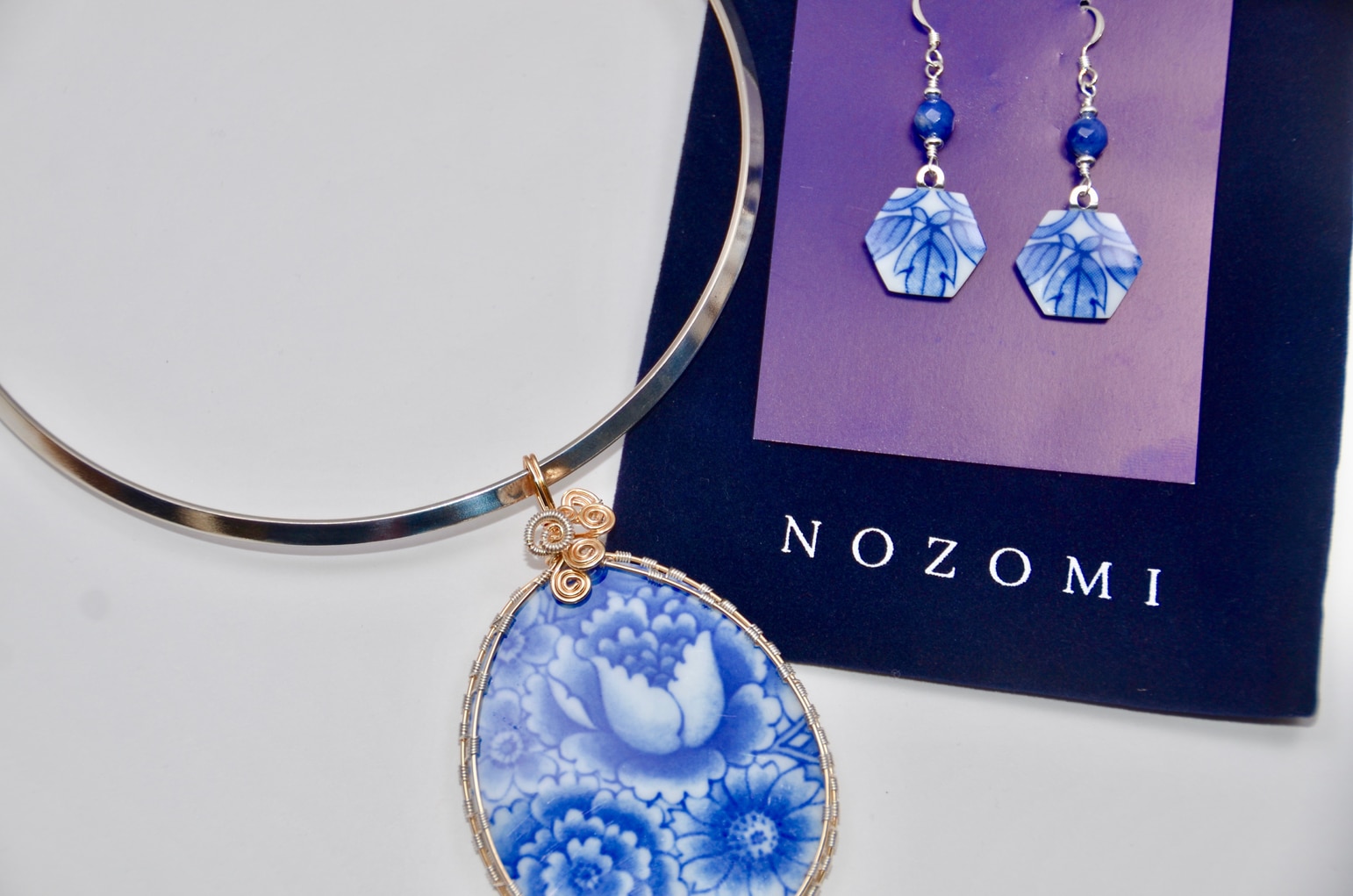
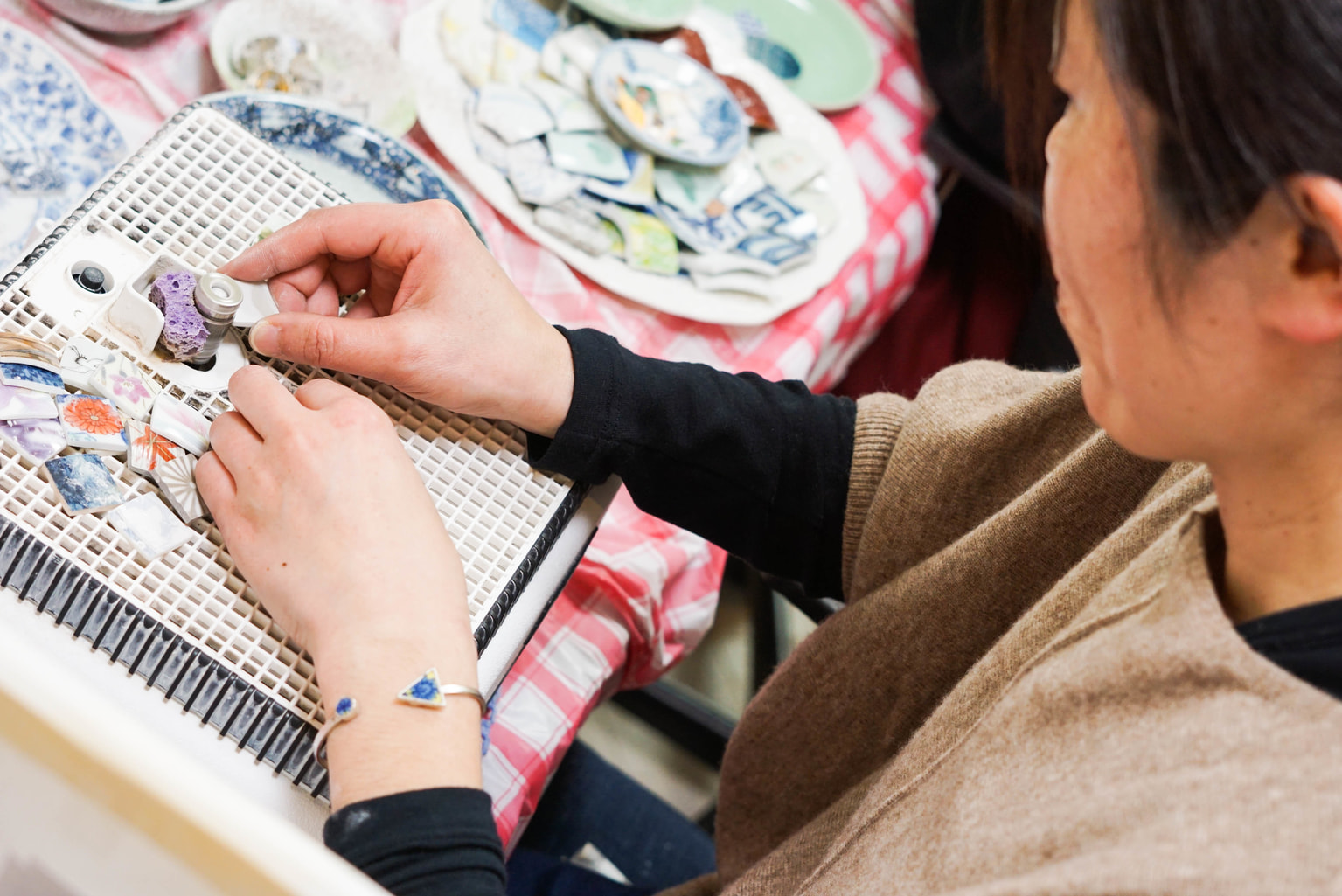
“When I met them, they had no sense of what their future might hold as a family. All except one of them was homeless,” says Takamoto, a native of New Jersey. “[Chieko] was so shy I almost didn’t reach out to her, but I said, ‘I’m Owen’s mom, and we are going to try this gathering tomorrow.’ She just looked at me like I was crazy. I wrote down my phone number, and the next morning at 7:45 she called me and said she would like to come. She has been coming ever since.”
The Nozomi Project launched six years ago with a handful of local women cutting, grinding and shaping broken shards of pottery into necklaces, earrings and other accessories. Today 11 women, plus several part-time staff, work for the company, where they receive benefits, paid time-off, bonuses and time to spend with their families.
“Being in a place where I could share my experiences, I found I could release all of the fears and memories stuck in my heart from that terrible day. The sense of community was a great gift to me.”
Nozomi Project jewelry has been shipped to customers in 40 countries. Recently, the prime minister’s wife, Akie Abe, wore a Nozomi Project necklace during a meeting with America’s First Lady, Melania Trump.
“It’s been quite a ride,” says Takamoto. “The first three years we were just trying to survive as a business. Now it’s how can we survive and be competitive in the jewelry market.”
The Nozomi Project line of keychains is named after Chieko’s son, Daiki, now 15. Prior to the tsunami, Chieko thought her family was cursed because of Daiki’s autism. Through her work with Nozomi (Japanese for “hope”), she now views it as a privilege to raise her son, who himself has become more comfortable around Chieko’s co-workers.
“When I first started, Sue said, ‘thank you so much for coming.’ It was a strange feeling. I thought, ‘Why would she thank me? I haven’t done anything,’” says Chieko, who financially supported her family after her husband’s office was washed away. “Being in a place where I could share my experiences, I found I could release all of the fears and memories stuck in my heart from that terrible day. The sense of community was a great gift to me.”
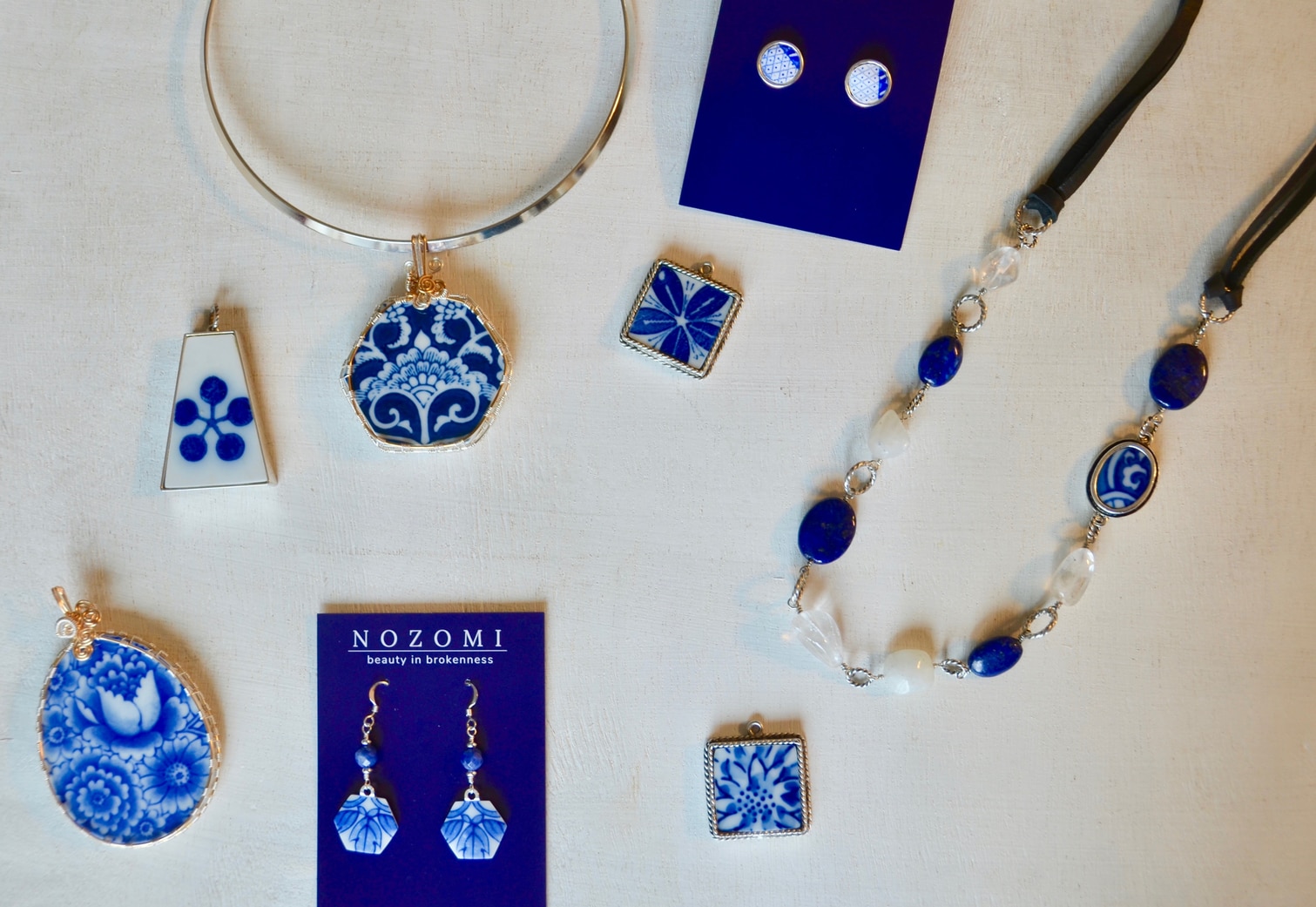
More information at nozomiproject.com

